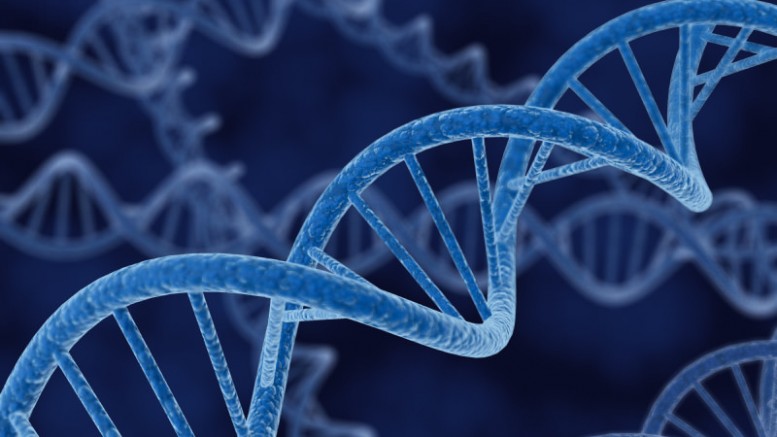For many African Americans, consumer genetic ancestry is much more than a gimmick that allows people to find out a little more about their heritage. It’s a way of reclaiming some of the family history that was taken from them during the slave trade.
Alondra Nelson, dean of social science at Columbia University, explored the cultural and political meaning of DNA testing in her latest book The Social Life of DNA: Race, Reparations, and Reconciliation after the Genome, published earlier this year.
“I think this sense of loss is very real and palpable for people. There’s a void in their lives that people talk to me about in quite emotional terms,” she says. “I don’t want to conflate the two situations but it’s not dissimilar to stories we hear about adoptees also turning to genetic ancestry testing to find out who they are. No matter how much your family loves you, no matter how great a childhood you’ve had, there’s just a nagging yearning feeling to know a bit more.”
DNA tests can give descendants of the slave trade, who could only refer to the continent of Africa as their heritage, an indication of the specific region where their ancestors came from. Nelson discovered she was related to the Bamileke people of Cameroon. Now, if she’s listening the newspaper and hears an item about Cameroon, she pauses to pays attention.
Genetic ancestry testing is also important, says Nelson, because it empirically demonstrates that the effects of the transatlantic slave trade exist in the present moment.
“It rubs up against a public narrative that says, ‘Oh, all that stuff’s in the past, it didn’t affect you, can’t we all just get over it,'” says Nelson. “We can use the test to telescope in on that history and show that that history, in a genetic sense, affects your friend, neighbor, partner in very profound ways.”
DNA testing can even help keep the debate over reparations alive. In a 2002 class-action lawsuit against companies that built wealth off slaves, the court demanded that the plaintiffs prove they were descendant from former slaves. The plaintiffs used genetic testing to prove their relationship to different nation groups in Africa, though in this case, it was not deemed precise enough for the court. Still, says Nelson, it’s “an interesting adoption of a cutting edge technology being leveraged for a longstanding social movement.”
The danger of such genetic tests, says Nelson, is that they can suggest that race is biological when in fact the values and hierarchies associated with race are social and political products.
Ultimately, genetic ancestry testing shows that slavery “still has bearing on the lives of people who live in 21 st century Harlem, Brooklyn, Compton and the like,” she says. “It offers a living history at a time when we’re too inclined to historical amnesia.”
Via: qz.com





Be the first to comment on "DNA Testing Is Shedding Light on Centuries of African American Historical Trauma"